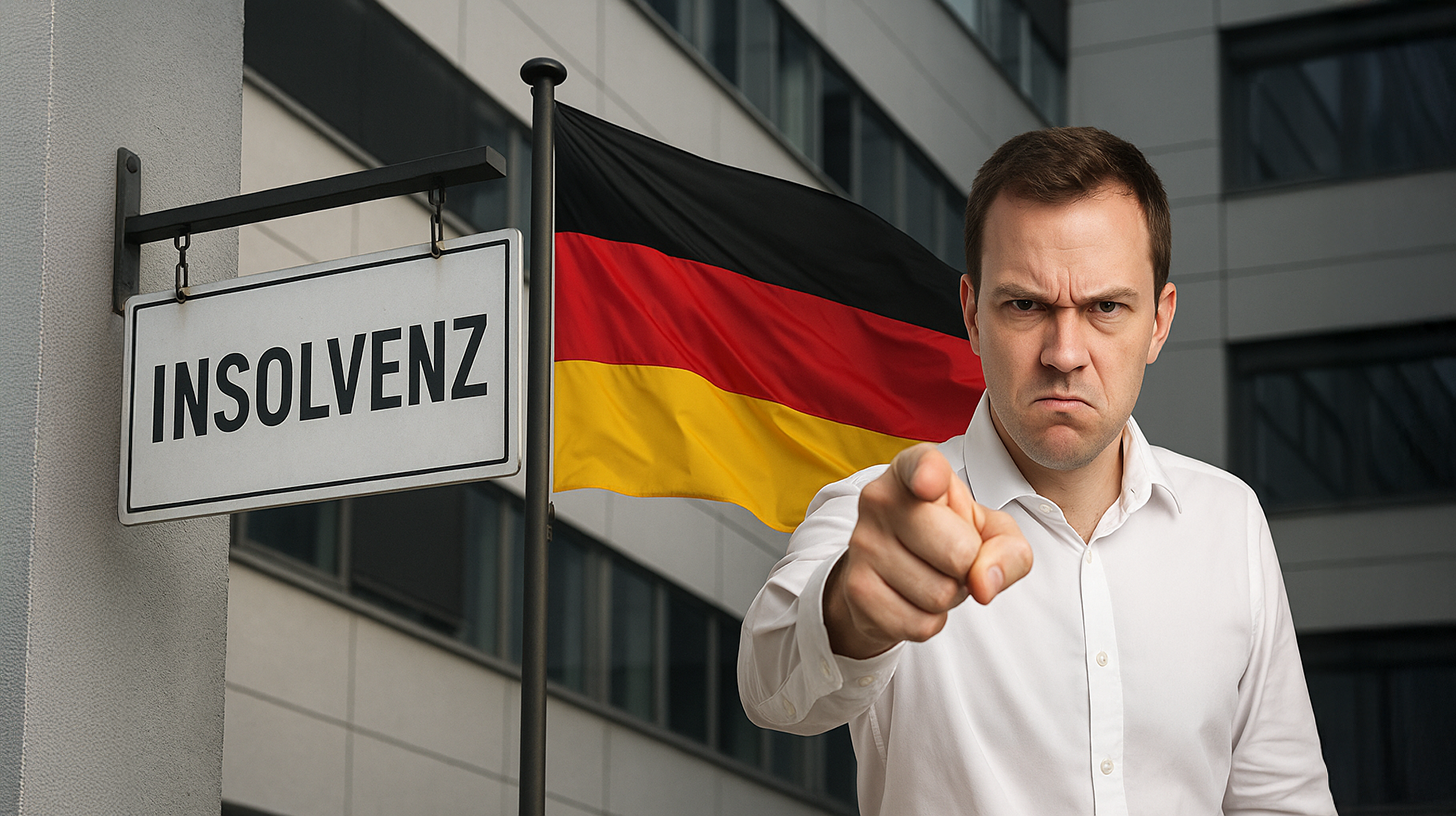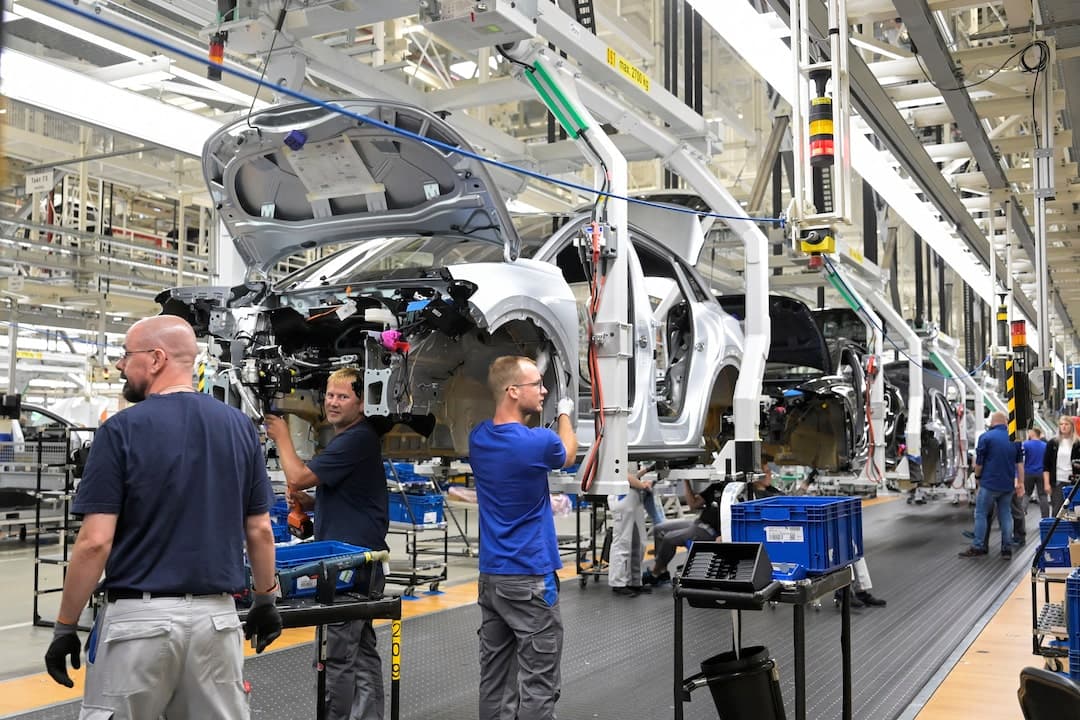German mechanical engineering is facing a significant downturn, with a projected sales decline of 5.6 percent for the current year, according to a recent evaluation by the economic consultancy PwC. This decline accumulates to over 22 percent since the onset of the COVID-19 pandemic. The average capacity utilization of mechanical engineering companies has dropped to 80.8 percent, the lowest level in five years.
The industry is grappling with increased cost pressures stemming from the energy crisis, over-regulation, and challenges in key markets such as China and the USA, exacerbated by American customs policies. PwC industry expert Bernd Jung noted that 2025 will be a critical year for mechanical and plant engineering, highlighting concerns about the industry"s business model amid governmental disruptions in France and Germany and ongoing geopolitical conflicts.
Insolvency figures have surged, with the industry association VDMA and Creditreform reporting a 22 percent increase in bankruptcies compared to the previous year. Since the beginning of 2025, approximately 12,000 jobs have been lost in mechanical engineering, with PwC warning that an additional 20,000 jobs could be at risk by year-end if a turnaround does not occur.
Germany is now considered the most expensive business location within the OECD, with regulatory costs amounting to 60 billion euros. This has led some companies to relocate investments to other countries, such as Hungary, where automotive companies like BMW and Audi are increasing their presence.

Image for German mechanical engineering faces 5.6% sales decline and rising bankruptcies
For further context on international economic challenges, see recent developments regarding global trade policies.







![[Video] Gunfire between Iraqi security forces and Sadr militias in Baghdad](/_next/image?url=%2Fapi%2Fimage%2Fthumbnails%2Fthumbnail-1768343508874-4redb-thumbnail.jpg&w=3840&q=75)
